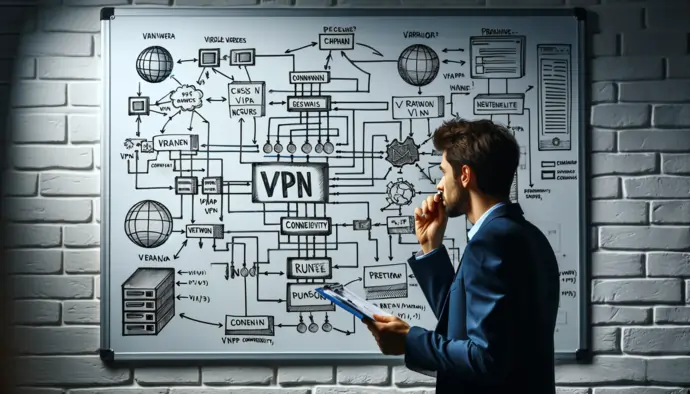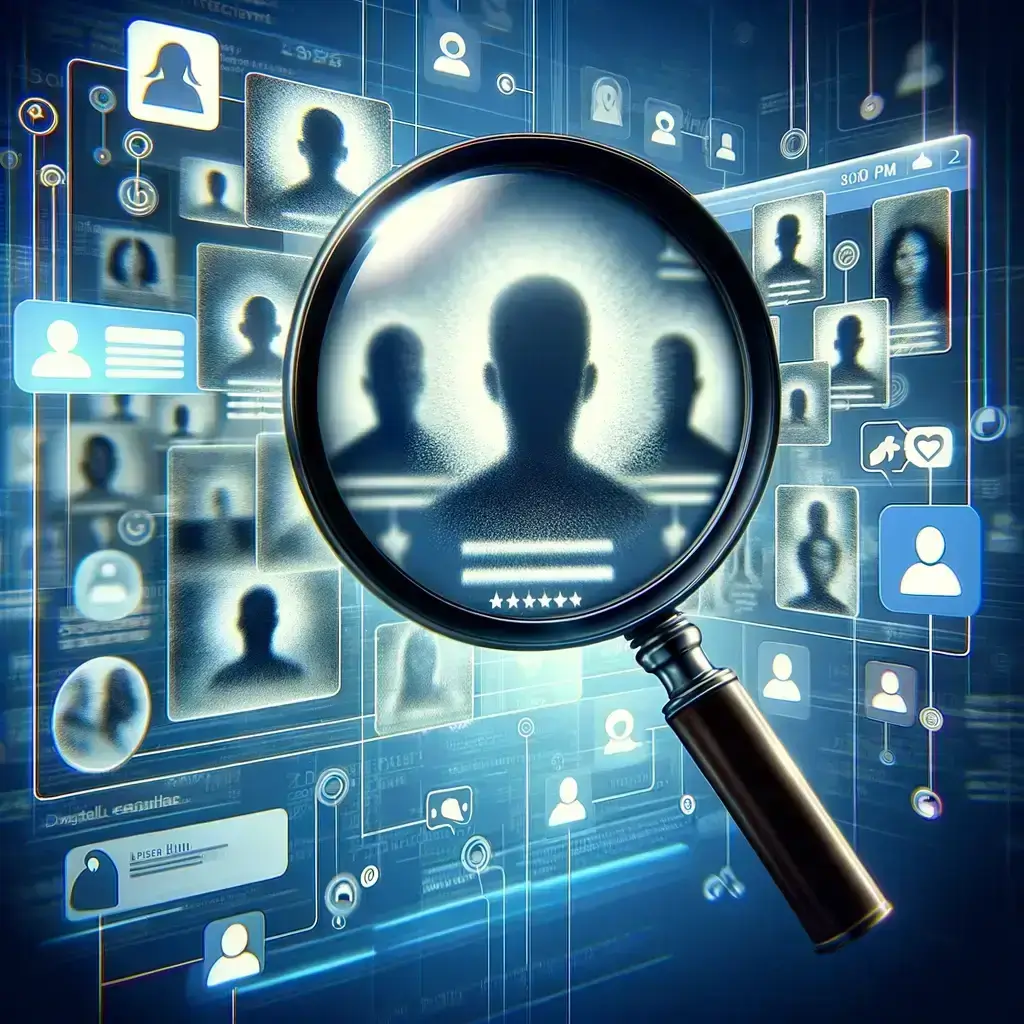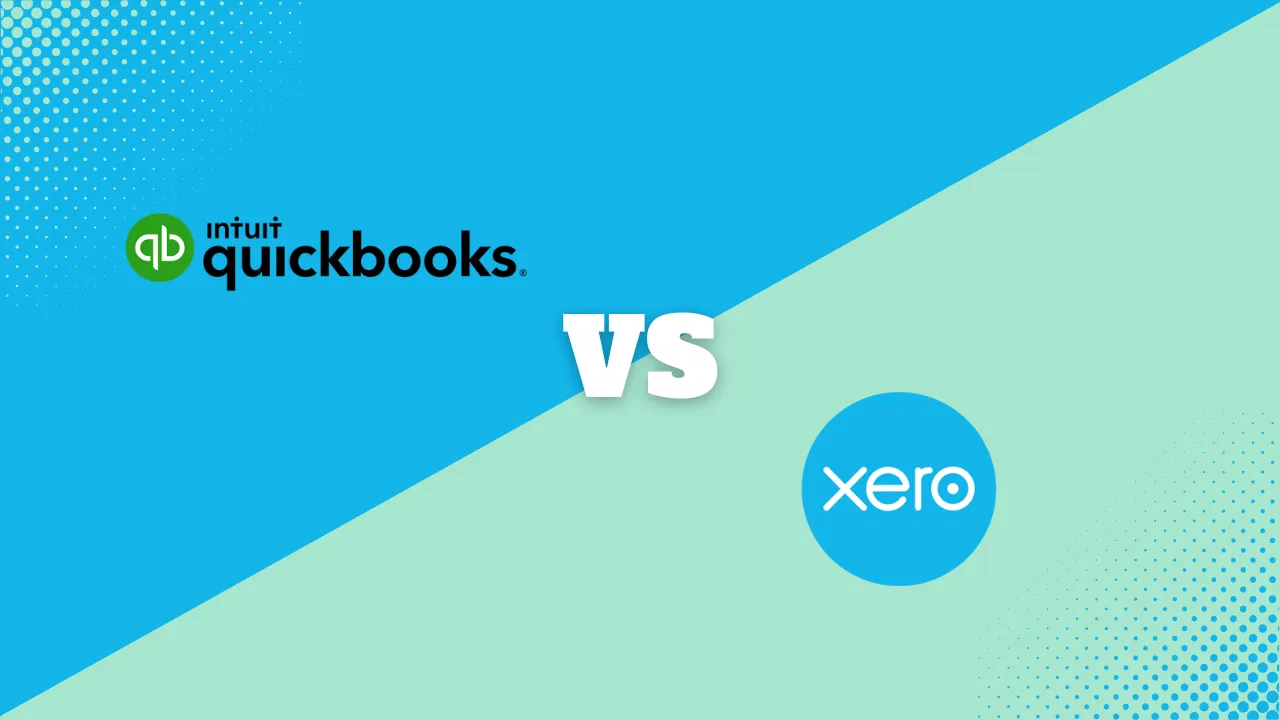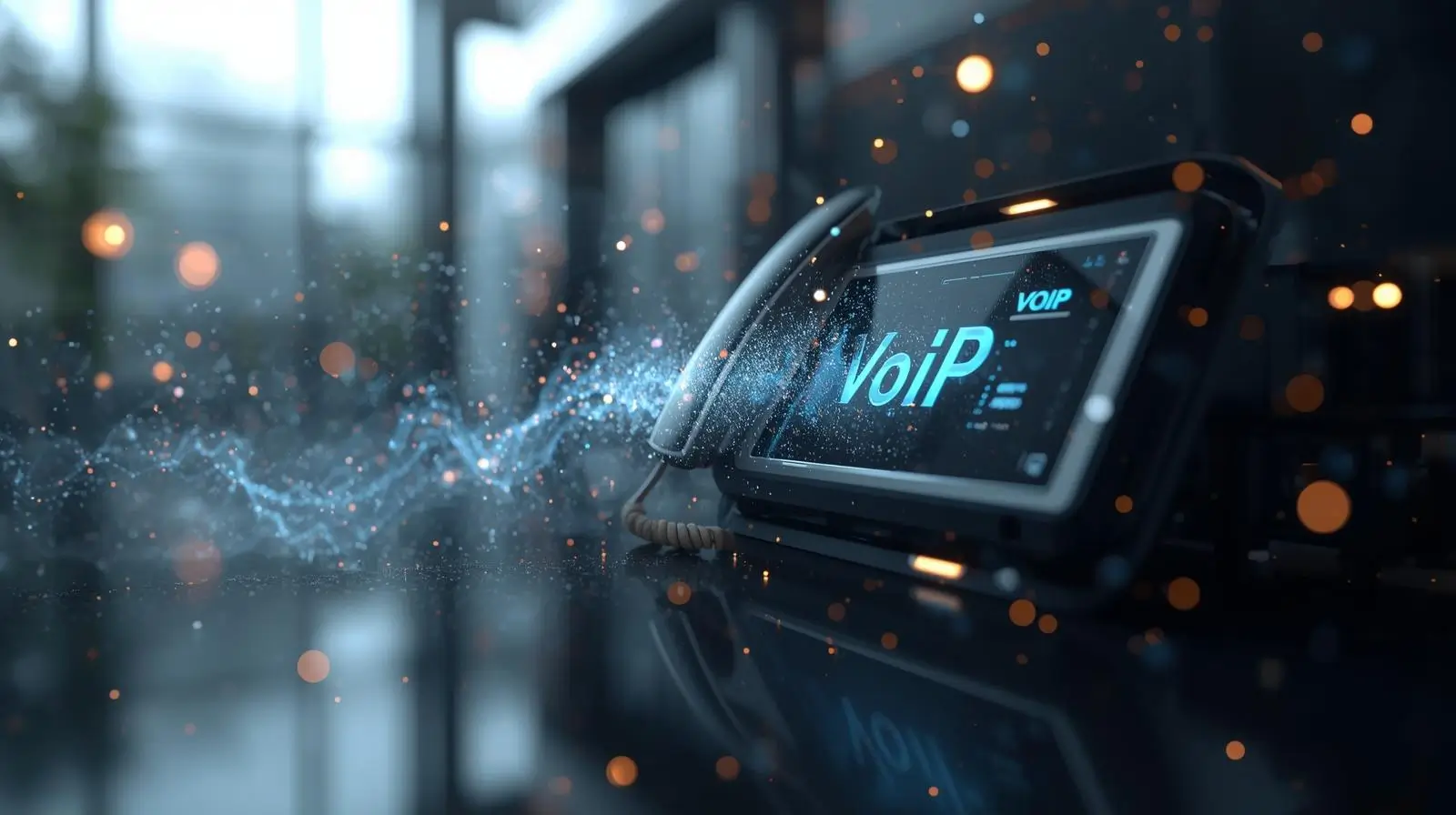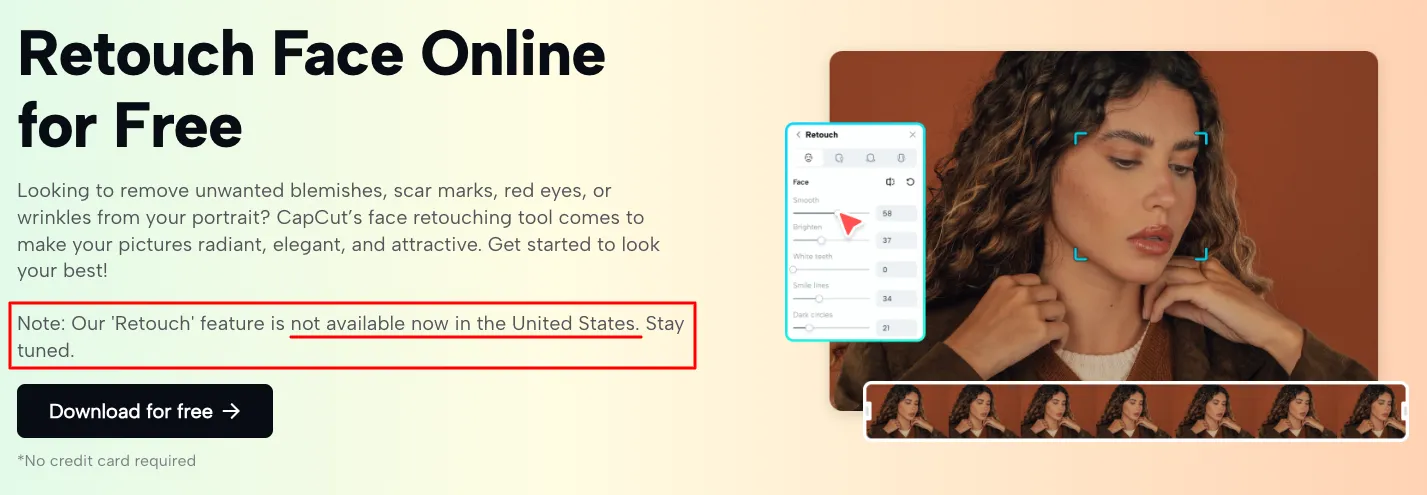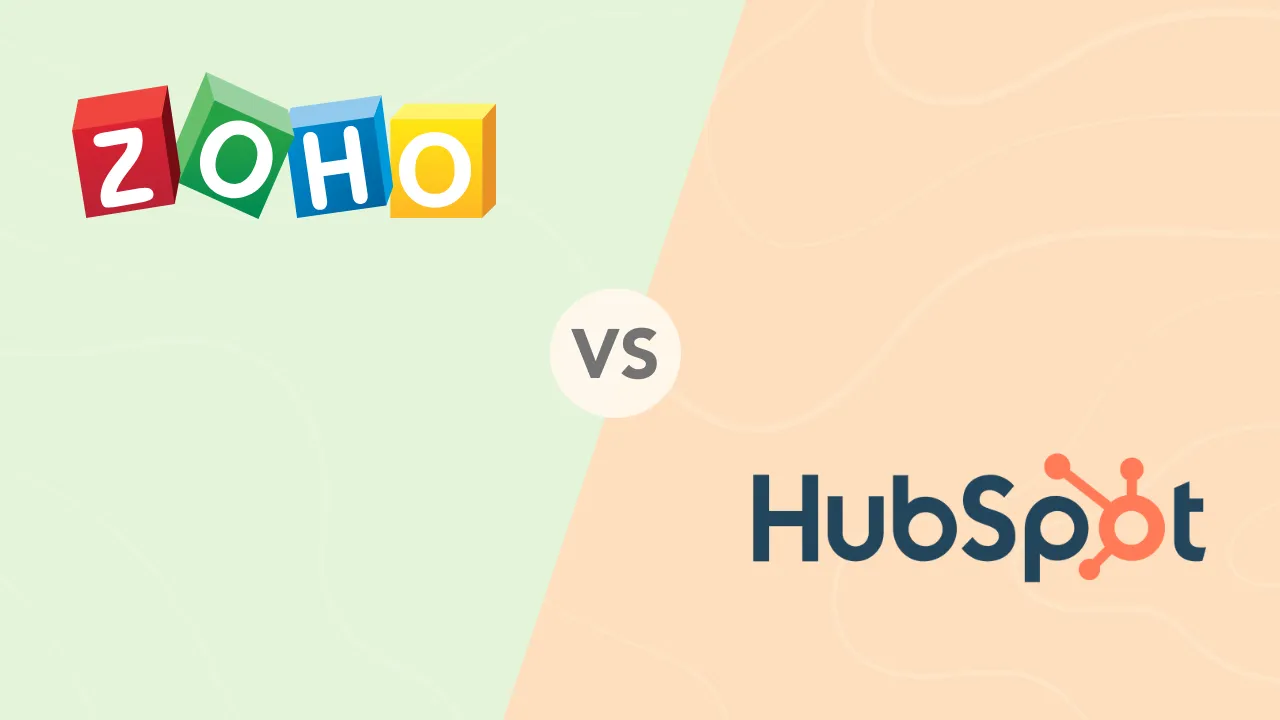What Can A VPN Do With Your Data?
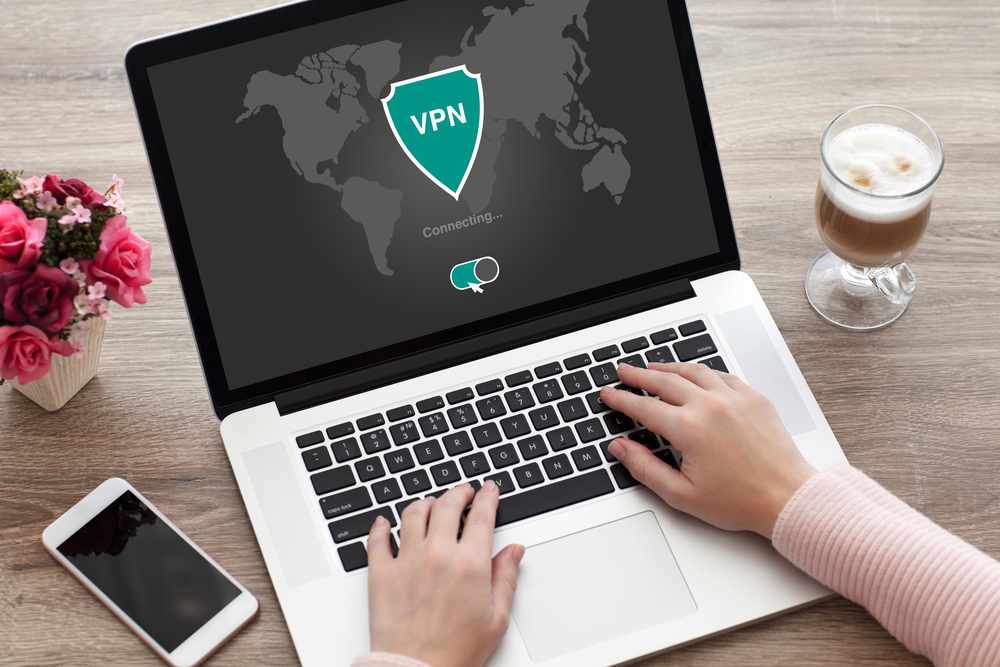
Most VPN services offer a zero logs policy which means that they do not store any logs of your activity when using their service. VPN logs are the data that VPN services store related to the usage of their service. However, not all VPNs are secure at the same level, especially for free VPN providers. Free VPNs are data farms that track, collect and sell their user data to different companies and authorities.
Furthermore, free VPNs can sell your bandwidth and keep logs of users, whereas many paid VPNs don’t keep activity logs or monitor user data.
What is a VPN?
A VPN or virtual private network is a service that enables you to browse the internet more securely and anonymously. When connected to a VPN, the VPN software resides on your device, whether it’s a PC, tablet, or mobile. It sends all your data in an encrypted format that is unreadable to anyone who tries to intercept it.
This encryption is essential as you access numerous personal information through the internet knowingly or unknowingly. These data may include:
- Emails with highly sensitive data.
- Social media account credentials and messages.
- Banking data such as account numbers and credit card numbers.
- Various passwords.
Best VPN Software
 Connect to over 94 countries
Connect to over 94 countries  High speed streaming: Netflix, Disney+, HBO
High speed streaming: Netflix, Disney+, HBO  Ultra-fast speeds
Ultra-fast speeds  3200+ servers in 65 countries
3200+ servers in 65 countries  Connect up to 6 devices simultaneously
Connect up to 6 devices simultaneously  Browse the internet with total privacy
Browse the internet with total privacy What is a VPN used for?
The benefits of a VPN mostly revolve around privacy, while there are also some other perks.
1. Protect your internet traffic against perception.
Unencrypted data can be viewed by anyone who has access to your network. However, when protected with a VPN, it is unable for hackers and cybercriminals to eavesdrop on your data. They will need the encryption key to make sense of the data. Even brute force attacks would take millions of years for a computer to recognize the code. Having cybercriminals blocked out this way; your online activity can be secured confidently, even on public networks.
2. Enable location privacy
As a result of the VPN server acting as your representative on the internet, the location demographic data comes through a server in another country while your actual location is hidden. Most VPN services offer a zero logs policy which means that they do not store any logs of your activity when using their service. Therefore, retrieving any record related to your online activity is permanently disabled.
3. Unblock region-restricted web content
Some websites and services offer content that is only accessible to people of some areas of the world. The location spoofing feature of VPNs allows you to switch the server to another country, which changes your location effectively. It makes those websites/services track you as a user from an unrestricted country, and you can gain access to the restricted content.
4. Avoid the risk of corporate data breaches during remote work
When you are doing work outside your company’s internal network, you may need to access sensitive information. These files need to be accessed through a secure connection for the safety of your company. VPN services connect you to private servers and use various encryption methods to eliminate any data leaks when working remotely.
Types of data VPN logs and how they’re used
Almost every VPN provider you find will have some claim regarding logs. VPN logs are the data that VPN services store related to the usage of their service. When considering what they can store, it is essential to remember that your VPN provider has access to each online activity you perform. Everything your ISP will usually see is now accessible to your VPN provider. If providers logged and stored all this data, they wouldn’t offer a very reliable service and will undoubtedly lose many customers. So the lack of logs is one of the major selling points used by many providers to win over customers.
The lesser the logs, the more reliable and trustworthy the service will be. Even though many providers claim that they don’t keep any logs, in reality, many of them hold some form of record.
Now, let’s see the different types of logs you might encounter when searching for the best VPN service.
Connection logs
These connection logs are also known as metadata, usage logs, or diagnostic logs. They may include timestamps in which the VPN service was accessed and the amount of bandwidth used. Sometimes, this data is bound to an individual user account, but it is collected aggregately on many occasions.
Usually, these logs are used to enhance and maintain operations. A VPN provider may need to monitor the number of concurrent connections made or how much data is getting transferred daily or monthly on an individual user basis. It also makes sense that a VPN provider will need to know how many users are accessing a specific server and the load put on that server to improve their service.
ExpressVPN is considered one of the best VPNs that don’t keep any connection logs.
IP address logs
These logs are where many “no logs” claimed providers fall into trouble. An IP address can easily be tied to an individual user, or at least a specific wifi router, and should be considered a PII (Personally Identifiable Information). An IP address related to a particular timestamp can be used to link actual activity to a user.
One of the primary purposes of using a VPN is to hide your IP address. However, when that data is logged and stored, third parties can discover them. At best, it could be grabbed by annoying advertisers trying to create a profile around each user. They could be acquired by malicious attackers, copyright trolls, governments, or agencies in the worst case.
An IP address can easily be tied to an individual user, or at least a specific wifi router, and should be considered a PII (Personally Identifiable Information).
However, Hotspot Shield claims that they don’t even keep IP address logs of users to provide maximum security for your online works.
Traffic logs
Finally, but most importantly, there are traffic logs. These are the worst type of logs when considering VPN logs. They consist of all the contents of internet traffic, like browsing history, downloaded files, purchases made, messages sent, software used, etc. Therefore you should not even consider using a VPN that stores this type of traffic log. It beats one of the primary purposes of using a VPN in the first place, which is privacy.
These logs are kept for various reasons the main one is profit. That’s why it’s essential to be careful about free VPN services. These free VPN providers have to earn money, and they may use your data for that. They can sell that data, especially to create a profile around an individual user, to advertisers, or to other third parties. In the worst case, these logs can get into the hands of hackers or snoopers, leaving you vulnerable to attacks. Sometimes this leaked personal information may lead to identity theft.
CyberGhost is a popular VPN that doesn’t keep any traffic logs.
Related Articles
Free VPNs vs. Paid VPNs
VPN is an excellent tool for protecting your digital privacy, security, and anonymity. However, not all VPNs are secure at the same level, especially for free VPN providers.
Most of the time, free VPNs are data farms that track, collect and sell their user data to different companies and authorities. Studies have revealed that 75% of free VPN software has embedded tracking in their source code, and they allow third parties to access your data. Furthermore, free VPNs can sell your bandwidth and keep logs of users, whereas many paid VPNs don’t keep activity logs or monitor user data.
Conclusion
Understanding what type of data your VPN provider collects is critical for protecting your online privacy. One of the biggest promises of many VPN providers is that they keep no logs. However, not all VPNs respect this no-logs policy equally, and most of them hold some basic logs of users. Therefore, you have to research and dive deep into their privacy policies to find a provider you can trust.






